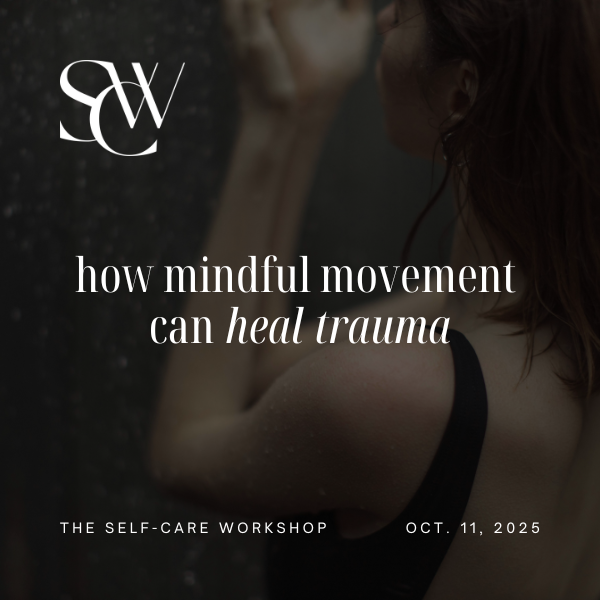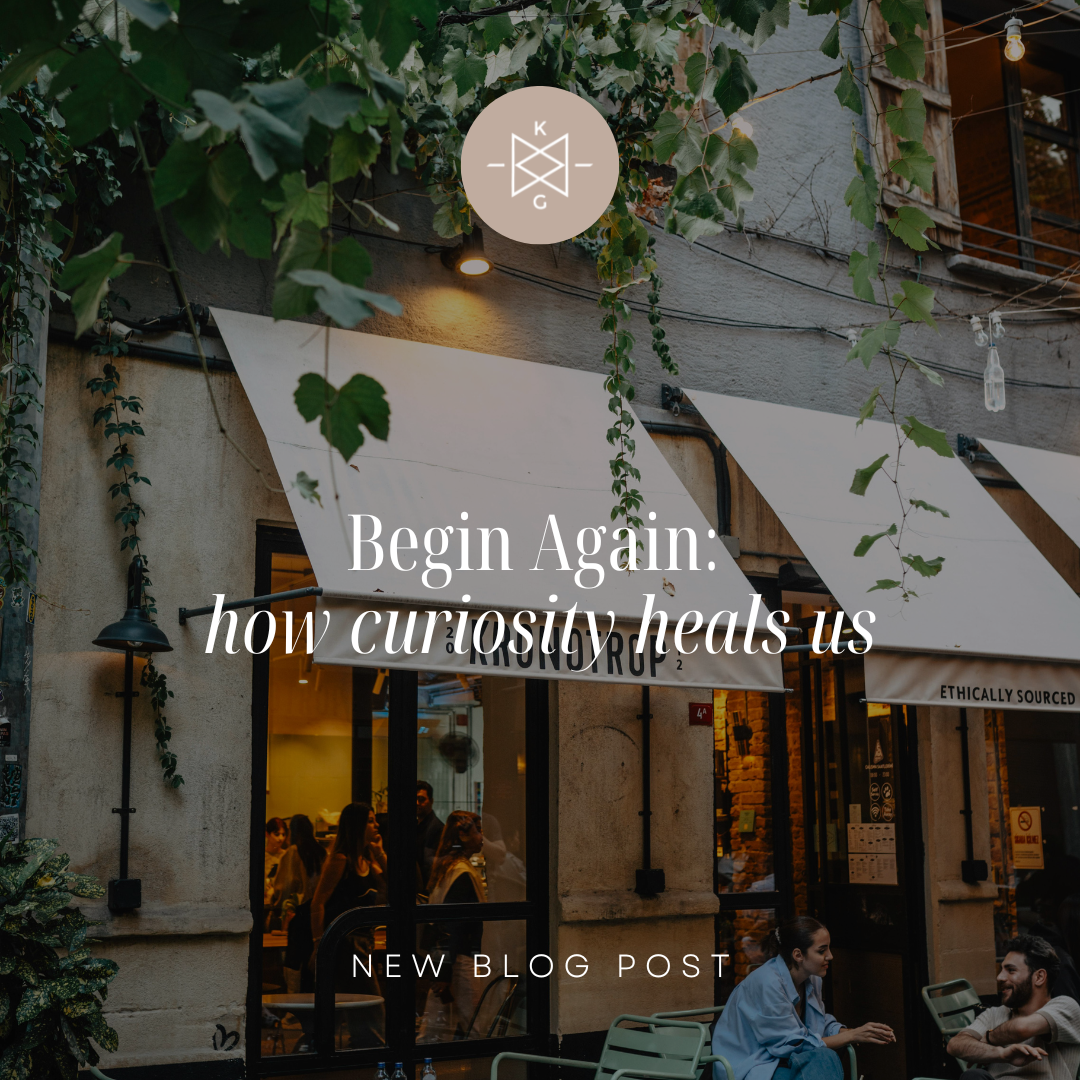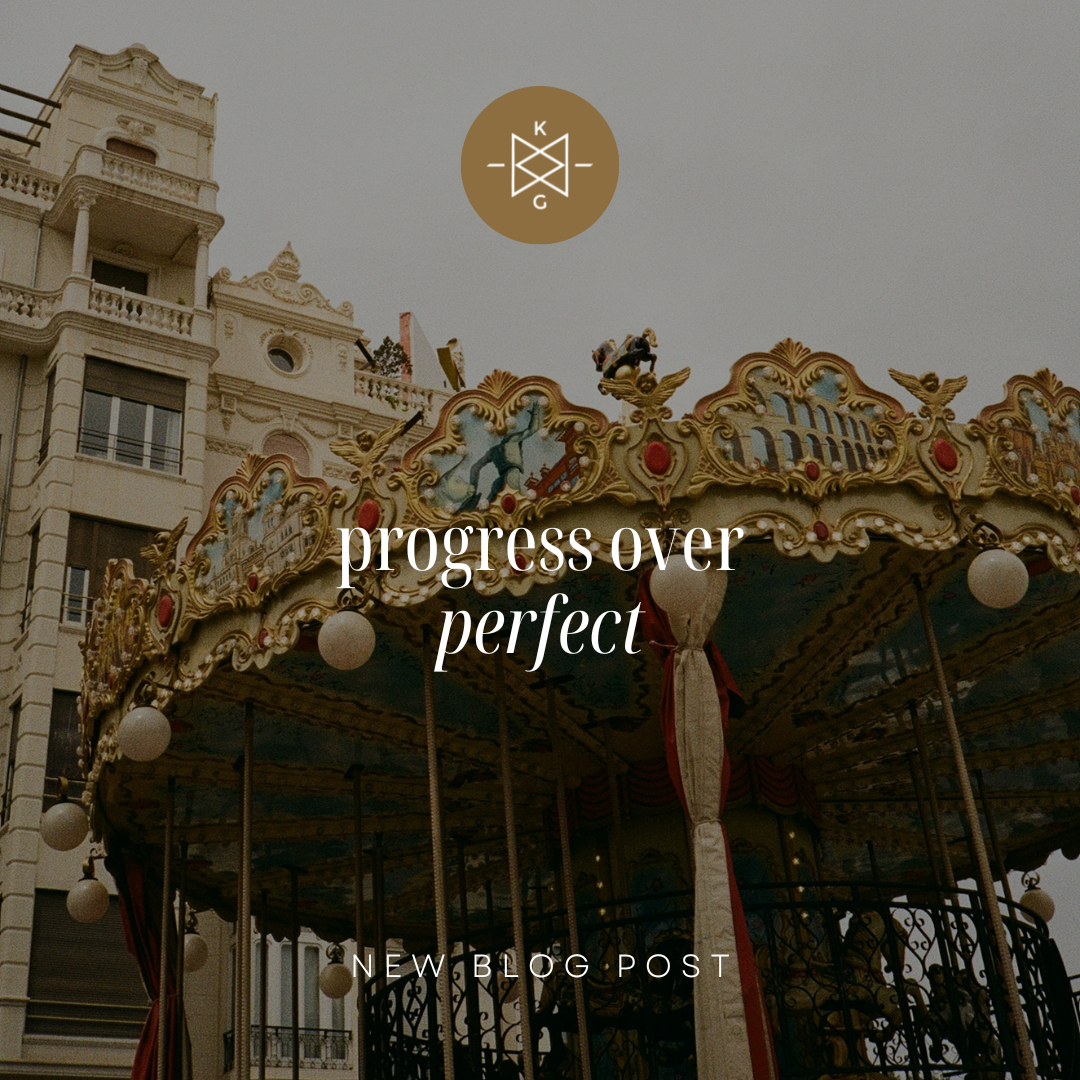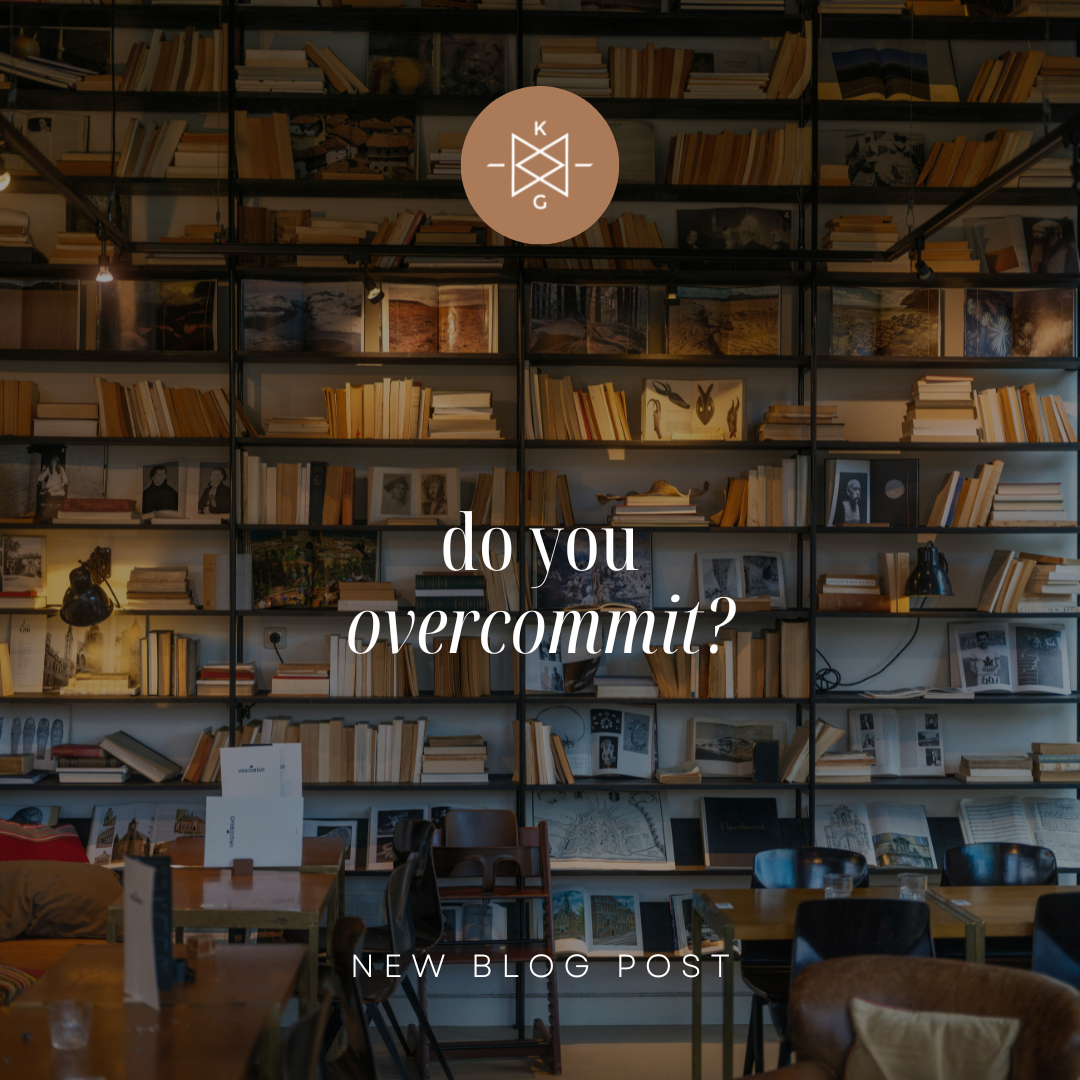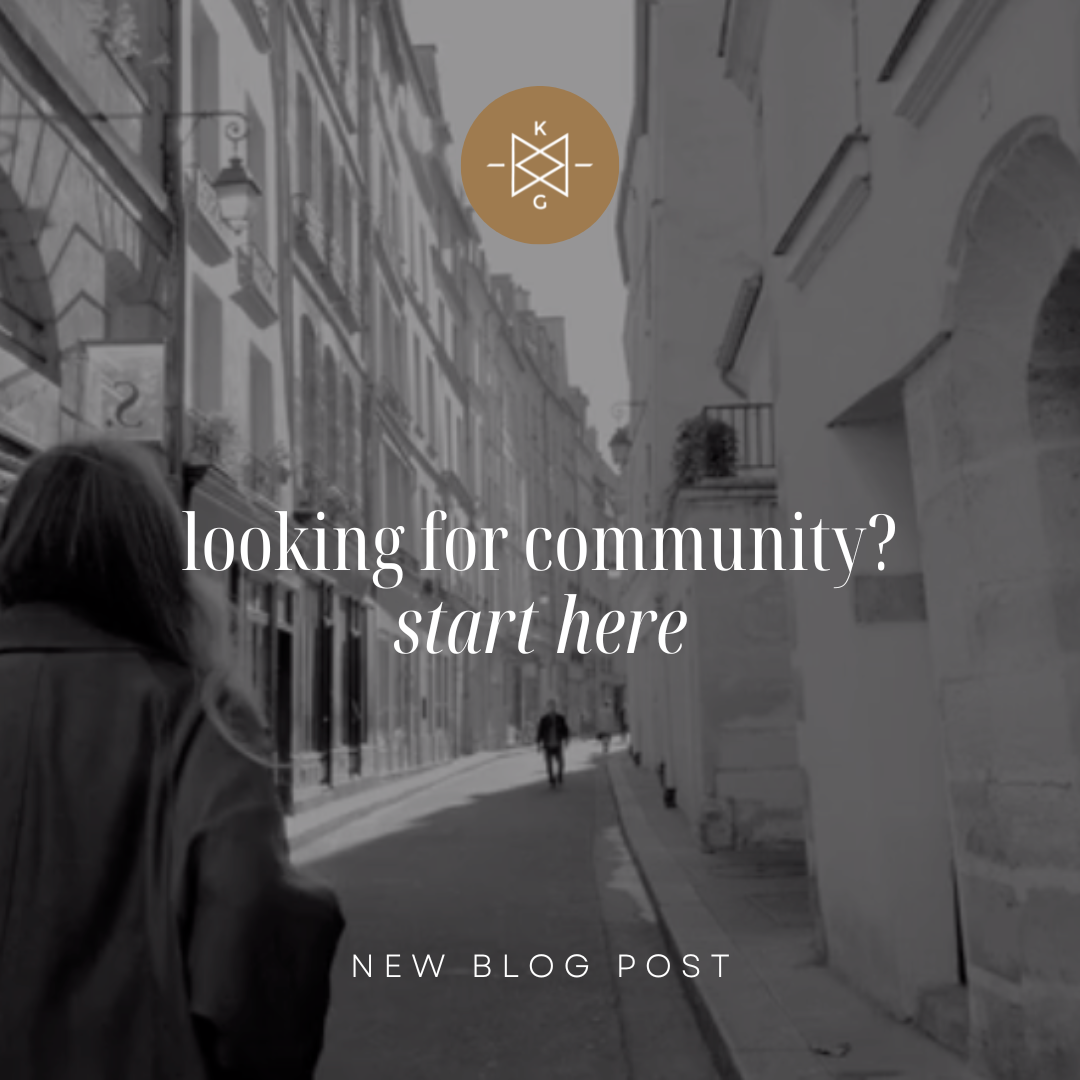
The Blog
Recently Featured
All Blogs
How Mindful Movement Can Heal Trauma
Today you’re in for a treat! I’m bringing my pal Koula Callahan, master yoga instructor and speaker for the Self-Care Workshop, on the blog to share why movement, namely yoga, is incredibly powerful and important for us to practice as we move through our days. If you’ve always wondered what all the fuss is about —and yoga and why is really effective, today is the day—you’re going to get some answers.
Today, you’re in for a treat! I’m bringing my friend, Koula Callahan—master yoga instructor and speaker for the Self Care Workshop—onto the blog to share why movement, especially yoga, is such a powerful practice for healing and everyday life.
If you’ve ever wondered what the fuss is about or why yoga is so effective, today you’ll get answers.
Let’s dive into my chat with Koula!
1) How does movement help regulate and process emotions?
Koula: Movement is a critical part of the healing journey. So many of us forget to listen to our bodies when we’re processing emotions or hardships—and we wonder why we feel stuck.
Here’s the truth: our life’s story is stored in our cells and body tissues. Each part of the body actually shares responsibility for memory with the brain. In fact, our bodies hold more information than our minds do.
So when we only process emotions with our brains, we miss a huge reservoir of wisdom stored in the body. Movement helps us access that “data” and creates a more integrated way of healing.
2) Why yoga? What’s all the fuss?
Koula: Yoga is helpful for so many reasons. Yes, it’s a fantastic workout (hello, long lean muscles!), but it’s also the only movement practice that prioritizes presence and awareness first.
A lot of people think they “aren’t good at yoga” because they’re not flexible. That’s not true at all. Yoga isn’t about touching your toes, being strong, or mastering poses—it’s about connecting with yourself and uniting your mind, body, and spirit.
The practice becomes a moving meditation. And while that can be challenging—you’re forced to face what’s really going on within you—it’s also deeply healing. Plus, yes, you’ll build strong abs and triceps along the way.
3) Why should we be practicing yoga?
Koula: The benefits of yoga are endless. It reduces anxiety and stress, improves sleep, balances hormones, detoxifies organs, and boosts the immune system.
But here’s what I really love about it: yoga grounds you. In a chaotic world, it’s a simple and practical tool that anyone can use to stay calm, centered, and steady.
4) Why is yoga so important to you personally?
Koula: Yoga has been the throughline of my adult life. It’s the tool I rely on most to regulate my emotions, no matter what’s happening around me.
When I step onto my mat, I’m reminded to get present and simplify the things I’ve overcomplicated. In hard seasons, my mat becomes a sanctuary where I can pay attention to how I feel and give myself what I need.
And honestly—I notice when I skip it. My sleep suffers, I’m more irritable, and I’m less kind to myself.
I also love teaching because of what I learn from my students. Their willingness to show up fully inspires me. The connection a yoga class creates is beautiful and life-giving. To be a good teacher, I have to be a student first—and I’m grateful for what each of my students teaches me.
Thank you, Koula! Your passion and wisdom have enriched my life and the lives of so many others.
If you’re ready to start moving with us and experience the healing benefits of yoga for yourself, join us at the Self Care Workshop on October 11. You’ll experience yoga with Koula firsthand, alongside writing, reflection, and space to simply breathe.
With love & gratitude,
Katie
Burnout Nearly Broke Me - Here’s What Healed Me
Six months before my breast cancer diagnosis, I was quietly falling apart. This is my story and the heart behind why I created the Self Care Workshop.
Six months before my breast cancer diagnosis, I was quietly falling apart. From the outside, my life looked fine - juggling responsibilities, showing up where I was needed aka a nine month old baby boy—but inside, I was unraveling.
My body kept whispering: slow down, breathe, find clarity. But between the lingering postpartum and a then unknown diagnosis, the tools I’d been teaching for years seemed out of reacch.
It reminded me of when I first stumbled upon the Enneagram 20 years prior. I didn’t think it could help. A personality framework? Really? But then I read the description of my type—Type Four—and something in me broke open.
I wept.
Not because the words were painful, but because for the first time, I felt seen. I wasn’t broken. I wasn’t too much. I was simply human, and one desperately trying to also feel understood.
Leave it to human suffering to point us in lovely direction of a wake-up call! That moment planted the seeds of healing. Slowly, I began to choose self-compassion over self-criticism. Therapy helped me untangle old patterns. Writing gave me words for feelings I’d buried. Movement reminded me I had a body, not just a brain. Bit by bit, I started to build a life rooted in who I really was—instead of who I thought I was supposed to be.
And that’s why I created the Self Care Workshop.
I can honestly say that a dedicated self care practice helped me beat cancer. My oncologist will vouch for me!
So, I wanted to build the kind of experience I wish I had back then:
A place to breathe deeply.
A place to connect without pressure or performance.
A place to let your body rest and be heard.
A place where your heart has space to speak—through the wisdom of the Enneagram, through guided writing, through movement and stillness.
Because healing doesn’t happen in isolation. It happens in the presence of others, when our stories are witnessed and honored.
If you feel like you’ve lost yourself, if you’re standing at a crossroads, or if you simply need space to reset, this day was created for you.
You’re not too much. You’re not alone. You’re right on time.
Join us for the Self Care Workshop on October 11.
Click here to register now and take your next step home.
Love & Gratitude,
Katie
Finding Your Flow
Discover how each Enneagram type relates to structure—and why the right kind of rhythm can help you thrive. Learn how to create supportive routines without stifling growth.
If you’ve ever felt trapped by a rigid schedule—or equally undone by a lack of one—you already know the paradox of structure. We crave it, resist it, need it, and resent it, sometimes all in the same day. The Enneagram offers us a window into why: our personalities relate to structure differently, depending on our type.
The truth is, structure isn’t meant to be a cage. When we find the kind that supports rather than stifles, life has a way of opening up. Think less “military precision” and more “riverbanks guiding the current.” Structure gives shape to your flow—it doesn’t cut it off.
Type 1: Create checklists with grace
Ones thrive with order but can get stuck in perfection. Try making “good enough” lists that leave space for rest.
Type 2: Build in boundaries
Twos naturally pour themselves into others’ needs. Structure looks like scheduled “me time” that isn’t negotiable.
Type 3: Schedule pauses
Threes can live in constant productivity mode. Intentionally blocking time for rest or reflection makes success more sustainable.
Type 4: Anchor in rhythms
Fours need freedom for creativity but benefit from daily rituals—a morning walk, journaling time, or weekly creative check-ins.
Type 5: Protect energy
Fives thrive when their time is respected. Structure means setting clear limits on social and work demands to avoid depletion.
Type 6: Create reliable anchors
Sixes feel more grounded when their schedules are predictable. Regular routines (same workout days, consistent check-ins) reduce anxiety.
Type 7: Allow for both play and pause
Sevens need variety but risk burnout. A supportive structure balances fun, novelty, and intentional downtime.
Type 8: Design your own rules
Eights like to lead, so create structures you own—self-made goals and boundaries you’ll actually respect.
Type 9: Gentle accountability
Nines benefit from external support. Partner with a friend, coach, or team to help keep your commitments steady.
The goal isn’t to force yourself into a mold. It’s to experiment with the kind of scaffolding that helps you show up as your truest self. Think of it as creating a playlist for your life rhythms: structured enough to carry the beat, free enough to let the melody soar.
If you’re craving a reset and want to explore how self-compassion, structure, and the Enneagram intersect in real life, join me on October 11th in Nashville for The Self-Care Workshop. It’s a full day of writing, movement, and Enneagram work designed to help you build practices that support (not stifle) your growth.
Details and registration at theselfcareworkshop.com
Finding your flow is less about control and more about compassion—choosing the kind of support your type actually needs. When you do, structure stops being the enemy and becomes the container where your real life can thrive.
Love & Gratitude,
Katie
Self-Compassion… The New Self-Care
When we hear the phrase self-care, most of us picture bubble baths, yoga classes, or carving out an hour to finally read that book on our nightstand. And while those things absolutely have their place, if we stop there, we miss the deeper, sustaining work that actually helps us thrive.
What I’ve learned in my own healing and in my work with clients is this: self-care without self-compassion can feel more like another to-do list item when it’s really a relationship to nurture.
When we hear the phrase “self-care,” most of us picture bubble baths, yoga classes, or carving out an hour to finally read that book on our nightstand. And while those things have their place, if we stop there, we miss the deeper, sustaining work that helps us thrive.
What I’ve learned in my own healing and my work with clients is this: self-care without self-compassion can feel more like another to-do list item when it’s really a relationship to nurture.
Kristen Neff, a leading researcher on self-compassion, defines it simply as treating ourselves with the same warmth, understanding, and care we’d offer a close friend. Sounds obvious, right? Yet so many of us struggle to extend that kindness inward. Instead, we run ourselves ragged, push through exhaustion, and when we finally pause, we judge ourselves for not doing enough.
Here’s the truth: self-compassion is the soil out of which real self-care grows.
Self-compassion says, I see you just as you are.
Self-compassion leans in to our human frailty with curiosity and kindness.
It says, I am worthy of rest and renewal, not because I earned it, but because I’m human.
Self-compassion says, Even when I fall short, I don’t have to turn on myself—I can soften, reset, and begin again.
Dr. Neff’s research has shown that self-compassion is linked to lower anxiety and depression, greater resilience, and even stronger motivation. It’s not about letting ourselves off the hook—it’s about finding a kinder, more sustainable path forward.
This fall, as we move back into routines and rhythms, I’m leaning into this idea: What if self-care wasn’t just about the plan, but about the posture we take toward ourselves?
That’s exactly what we’ll be exploring at the Self-Care Workshop on Saturday, October 11th here in Nashville. Alongside my dear friends Ally Fallon and Koula Callahan, we’ll spend the day blending writing, movement, and Enneagram work to help you create a sustainable rhythm of care rooted in compassion. Think of it as a reset button for your mind, body, and spirit—a chance to practice being gentle with yourself while also building a plan that actually works for your life.
Because at the end of the day, bubble baths are lovely. But it’s self-compassion that carries us through.
I’d love for you to join us.
Register here for the Self-Care Workshop on Oct. 11th
Love & Gratitude,
Katie
Begin Again: How Curiosity Heals Us
There’s a moment, sometimes subtle and sometimes seismic, when you realize you have the chance to begin again. Maybe it’s the first crisp morning after a long summer. Maybe it’s a job change, a new relationship, or even the quiet decision to show up differently in the one you’re already in.
I’ve learned that beginnings—whether chosen or thrust upon us—are vulnerable places. They ask something of us: a willingness to step into what we don’t yet know. And if you’re anything like me, that’s both exciting and a little unnerving.
This is where curiosity comes in.
There’s a moment, sometimes subtle and sometimes seismic, when you realize you have the chance to begin again. Maybe it’s the first crisp morning after a long summer. Maybe it’s a job change, a new relationship, or even the quiet decision to show up differently in the one you’re already in.
I’ve learned that beginnings—whether chosen or thrust upon us—are vulnerable places. They ask something of us: a willingness to step into what we don’t yet know. And if you’re anything like me, that’s both exciting and a little unnerving.
This is where curiosity comes in.
In Buddhist teaching, there’s a concept called “shoshin”, or “beginner’s mind.” It’s the practice of meeting life without the heavy baggage of assumption, like holding a freshly sharpened pencil and a blank sheet of paper. We allow ourselves to be surprised. We let our defenses relax. We let life meet us where we are, without needing to prove we already have it all figured out.
Curiosity is the doorway to this space. It’s what allows us to ask questions instead of making quick judgments, to notice the smallest shifts, to give ourselves the grace of not knowing yet. And, maybe most importantly, it invites us to play again.
One of my favorite things about the Enneagram is how it helps us see our default settings—the familiar thought patterns, emotions, and behaviors that we return to again and again. While those patterns once served us, they can also keep us from experiencing something new.
The beginner’s mind asks each type to set down their well-worn script and step into uncharted territory:
Type One – Loosen the grip on “the right way” and explore the delight of imperfection.
Ask: What’s a messy, joyful way I could try this?
Type Two – Turn curiosity inward.
Ask: What do I need in this new season, before I meet anyone else’s needs?
Type Three – Experiment with letting the process matter more than the outcome.
Ask: What would I do if no one were watching?
Type Four – Let go of the need to deeper define this moment.
Ask: What if I just let this experience be exactly as it is?
Type Five – Step into the unknown without gathering all the data first.
Ask: What could I learn by simply doing?
Type Six – Be curious about trust.
Ask: What if this really could turn out well?
Type Seven – Resist the urge to skip ahead.
Ask: What’s here in this moment I don’t want to miss?
Type Eight – Experiment with releasing control.
Ask: What strength could emerge if I stayed open?
Type Nine – Lean into engagement.
Ask: What happens if I take the first step, even before I feel ready?
The beautiful thing about curiosity is that it softens us. It quiets the inner critic, diffuses our reactivity, and makes room for compassion, both for ourselves and for others.
When we’re curious, we don’t need to have the answers yet. We don’t need to rush the story forward or fix what feels unfinished. We can simply be with what *is*—and in that space, we discover that healing often happens quietly, in the background, as we gently turn toward life again.
So, as you step into this new season—whether that’s the literal shift from summer to fall, or a personal season that’s just beginning—what would it look like to greet it with the wide-eyed wonder of a beginner?
Ask one new question each day. Notice something small you’ve never noticed before. Try a way of being that feels fresh, even if it’s uncomfortable.
Because every day, no matter how far along the path we think we are, we have the chance to begin again.
And beginning again, with curiosity as our compass, just might be the most healing thing we ever do.
Love & Gratitude,
Katie
